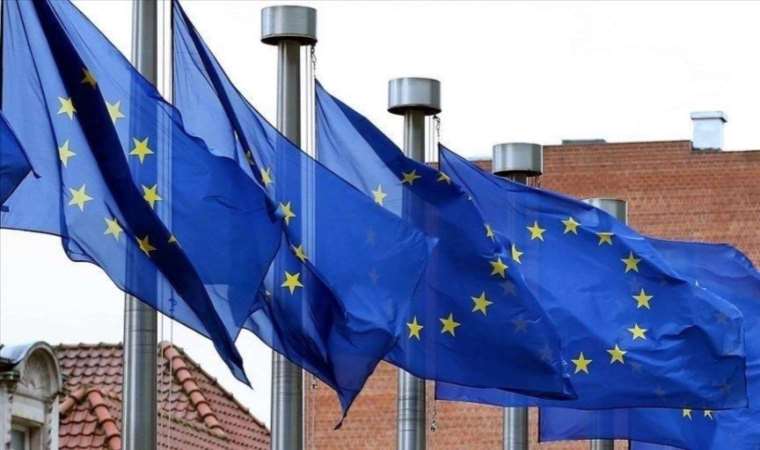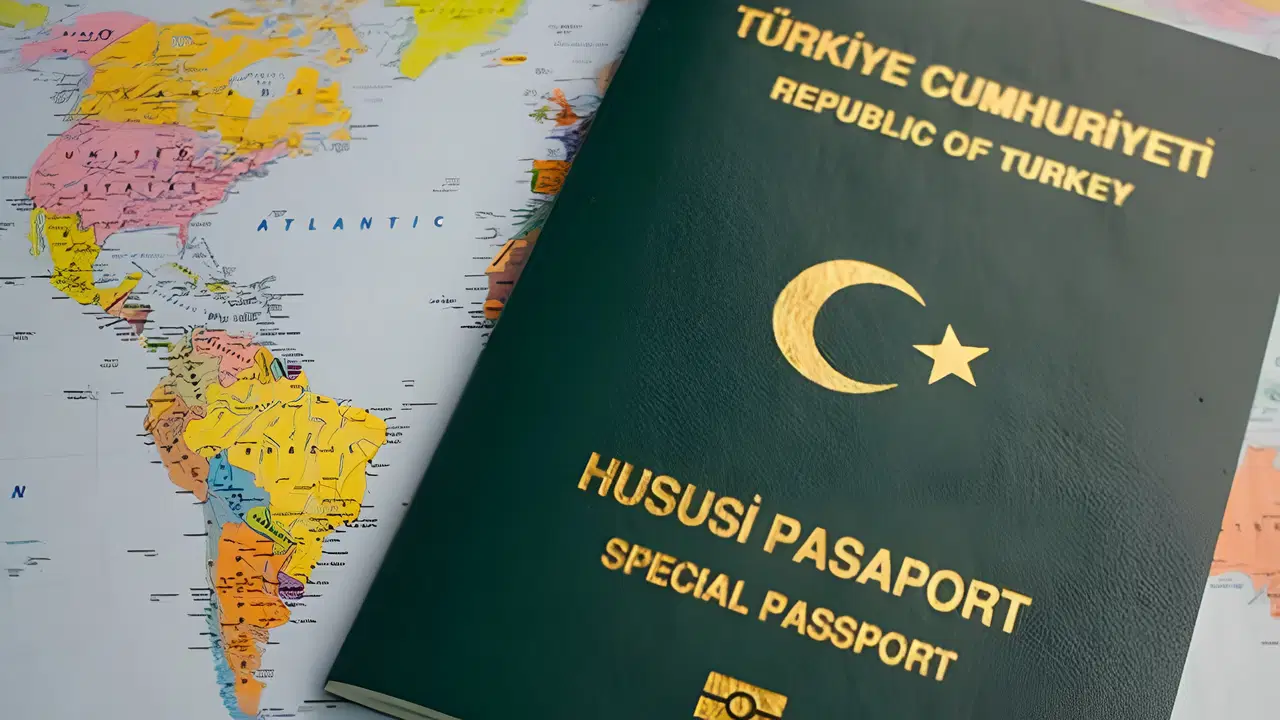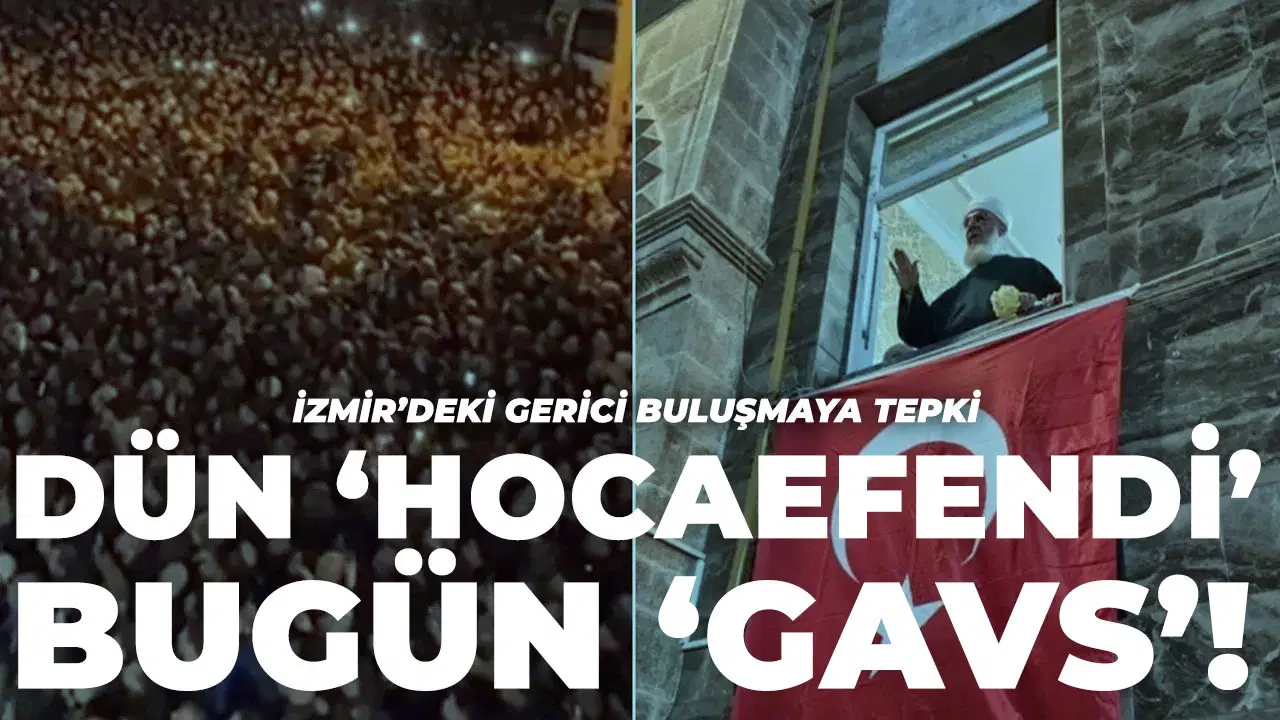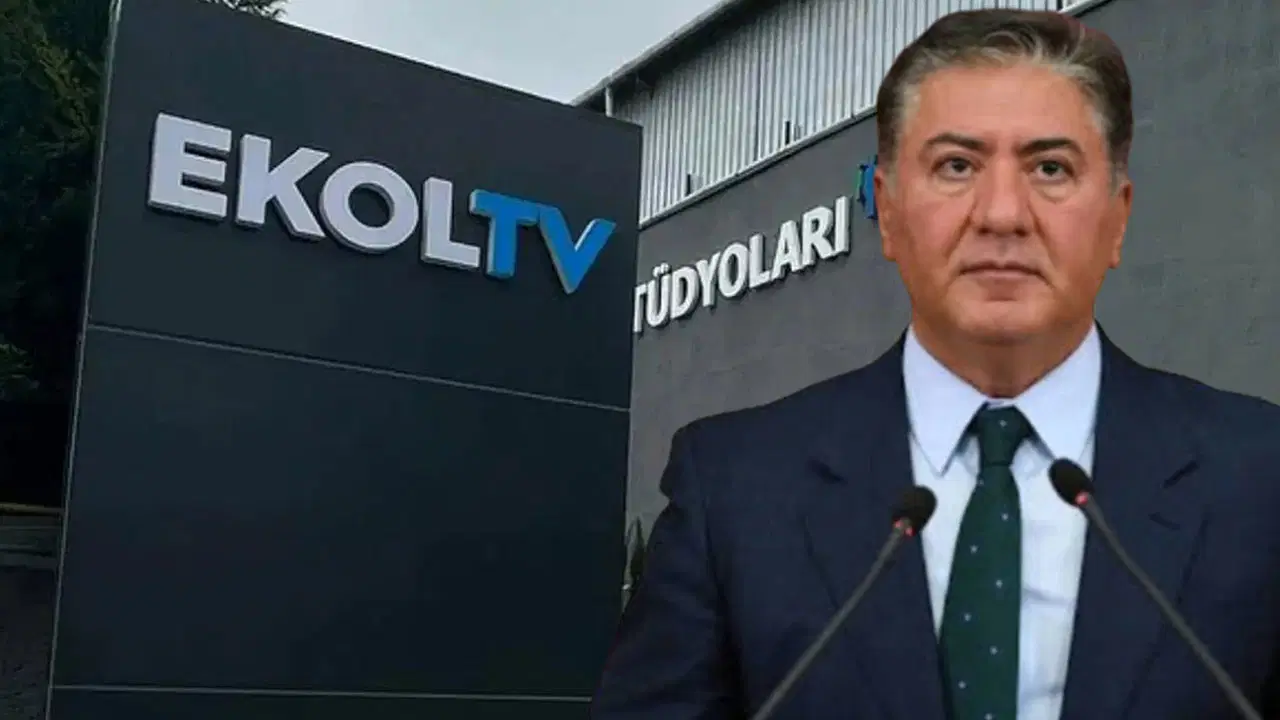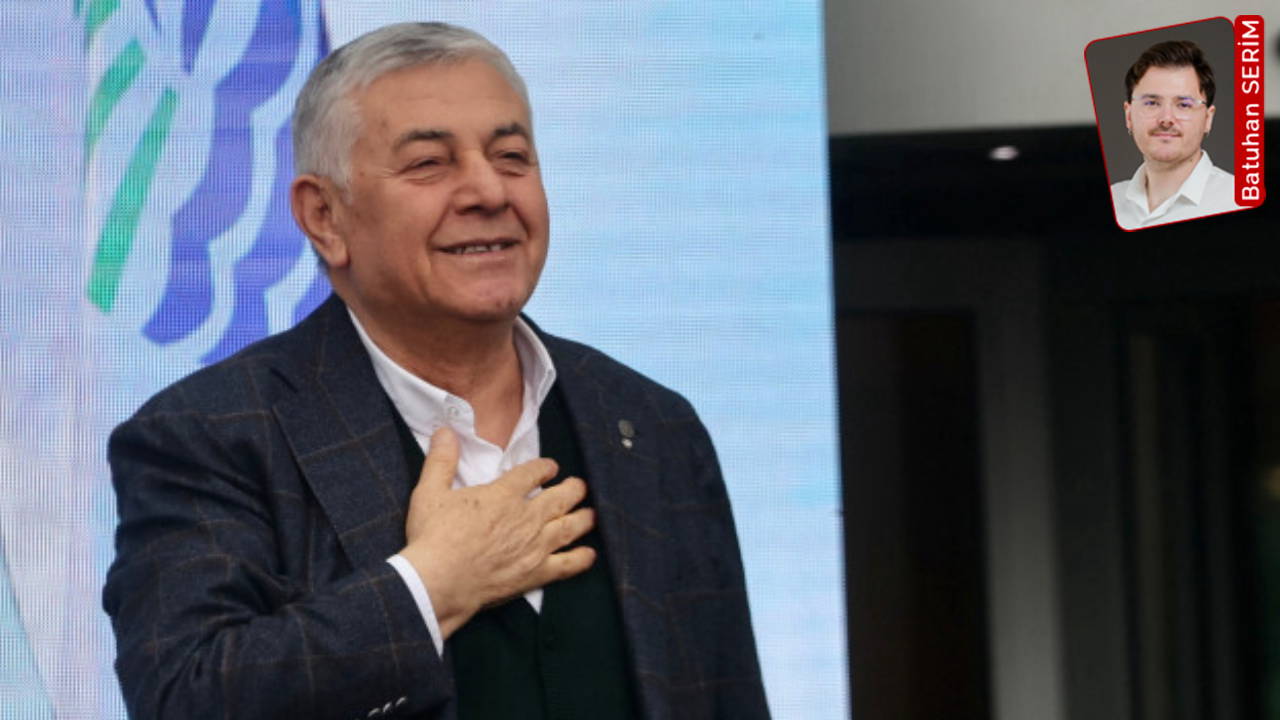Over 50 leaders from the European Union, Latin America and the Caribbean will hold their first summit in eight years on Monday, adding momentum to an EU push for new political and economic allies prompted by the Ukraine war and suspicion of China.
At the two-day EU-CELAC (Community of Latin American and Caribbean States) summit in Brussels, both sides are expected to be eager to forge economic partnerships, but delicate discussions over Russia's invasion of Ukraine and Europe's role in the slave trade could complicate the talks.
Regardless of the outcome, officials said the meeting itself marked a step towards stronger ties.
"The most important issue of the meeting is the meeting itself," Argentine Undersecretary for Latin American and Caribbean affairs Gustavo Martinez Pandiani told a small group of reporters in Brussels. "After eight years, we are able to reconnect."
The EU has said it wants a joint declaration condemning Russia, but knows this will be difficult to achieve. While most CELAC countries backed a UN resolution in February demanding an immediate Russian troop withdrawal, Nicaragua voted against and Bolivia, Cuba and El Salvador abstained.
Brazilian President Luiz Inacio Lula da Silva has pitched himself as a neutral and potential peace broker.
The European Union has cut itself off from Russia, which until the Ukraine war began in February last year, was the bloc's biggest supplier of gas.
It also wants to reduce its reliance on China and build alliances with "reliable partners" to open up more markets to trade and to secure minerals critical for electric vehicles and the broader transition to a low carbon economy, a supply chain China dominates.
The EU has acknowledged it has sometimes neglected its Latin American partners as China's role in the region has risen, but that regular EU-CELAC summits can provide a counter-balance to Beijing.
All 60 leaders are invited to the Brussels talks, but the presidents of El Salvador, Mexico, Peru and Venezuela are among those not expected to travel.
Although keen for EU investment, CELAC partners generally want the economic benefits of processing and producing lithium batteries or electric vehicles, rather than the smaller returns of shipping minerals to be processed elsewhere.
The EU is pressing ahead with a trade agreement with Chile, the world's largest copper producer and second largest lithium producer, and officials have said it could enter force next year.
It is also seeking to unlock trade deals struck with Mexico in 2018 and with the Mercosur bloc of Argentina, Brazil, Paraguay and Uruguay in 2019, though officials have played down expectations of any breakthroughs during the summit.
The EU and Argentina will sign a memorandum of understanding on energy cooperation before the summit starts.
The EU may also offer details on plans to invest 10 billion euros ($11.2 billion) in CELAC infrastructure projects, part of its Global Gateway initiative.($1 = 0.8907 euros)











